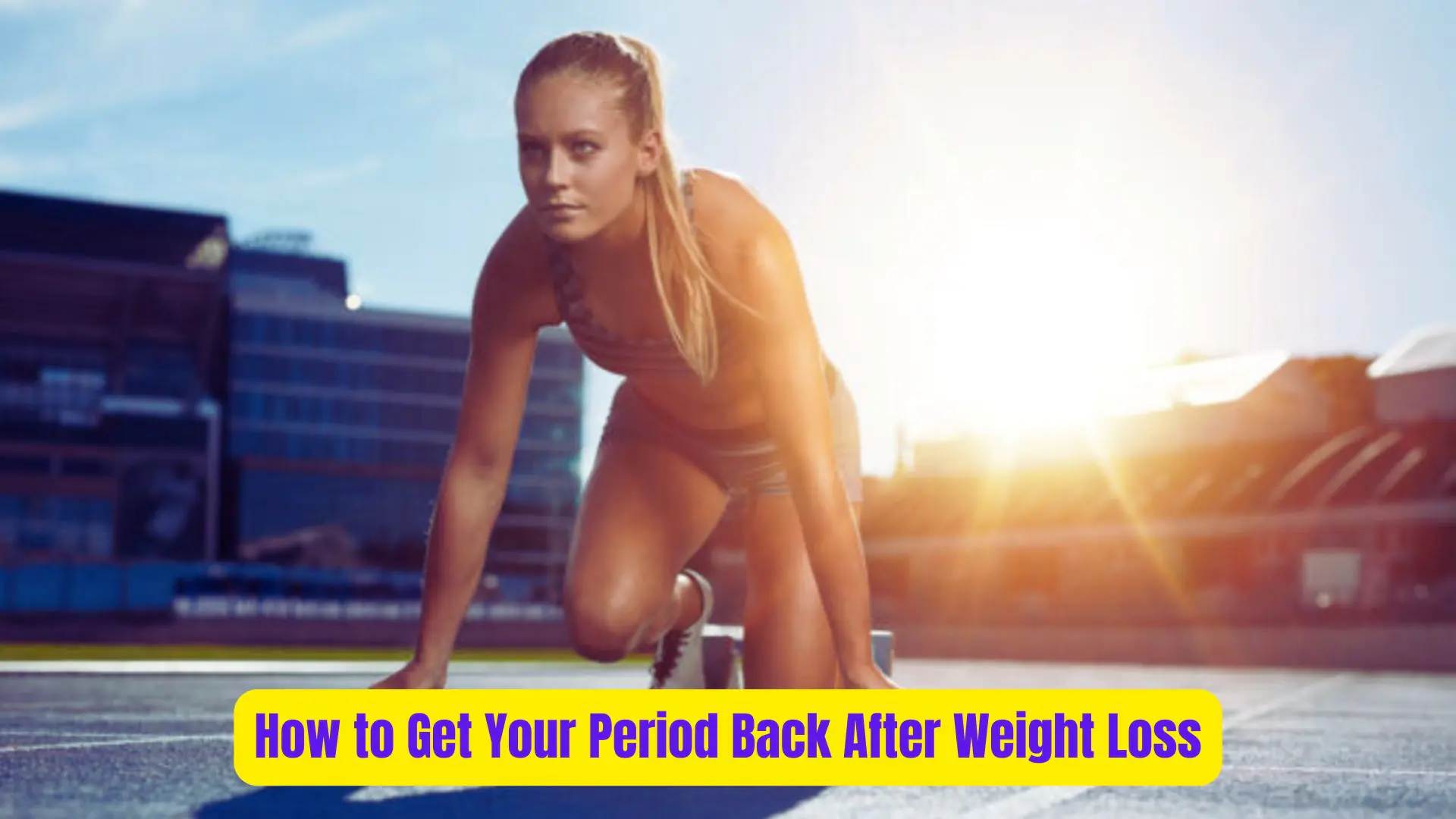How to Get Your Period Back After Weight Loss


Imagine your body as a delicate orchestra, with each instrument representing a vital function. When one instrument—like hormonal balance—falls out of tune, the entire symphony can lose its rhythm. This is what happens when significant weight loss disrupts your menstrual cycle, creating a disharmony that can leave you feeling unbalanced and concerned. Restoring your period is akin to retuning the orchestra, ensuring every part works in harmony once again. Let’s explore how to bring your body back into balance.
Why Does Weight Loss Affect Your Period?
When your body undergoes substantial changes due to weight loss, it may disrupt hormonal balance. The key players in this imbalance are estrogen and progesterone, hormones critical for regulating your menstrual cycle. Rapid weight loss, calorie restriction, and excessive exercise can signal your body that it’s under stress, causing it to conserve energy by halting ovulation.
Signs of Hormonal Imbalance
Understanding the signs of hormonal imbalance can help you identify whether your weight loss efforts have affected your menstrual health. Key symptoms include:
- Irregular or missed periods
- Hair thinning or loss
- Fatigue and low energy levels
- Mood swings or depression
- Decreased libido
If you’re experiencing any of these symptoms, it’s crucial to take steps to restore hormonal balance and prioritize your menstrual health.
What to Eat to Get Your Period Back
Your diet plays a crucial role in restoring your menstrual cycle. Focus on nutrient-dense foods that support hormonal balance and overall well-being.
1. Healthy Fats
Incorporate healthy fats like:
- Avocados
- Nuts and seeds (e.g., chia seeds, flaxseeds, and walnuts)
- Fatty fish (e.g., salmon and mackerel)
- Olive oil
These fats are rich in omega-3 fatty acids, which support hormone production and reduce inflammation.
2. Complex Carbohydrates
Don’t shy away from carbohydrates. Include:
- Whole grains (e.g., quinoa, brown rice, and oats)
- Starchy vegetables (e.g., sweet potatoes and squash)
- Legumes
Complex carbs provide the energy your body needs and support insulin sensitivity, which is essential for hormonal health.
3. Protein-Rich Foods
Protein is necessary for repairing tissues and supporting metabolic functions. Include:
- Eggs
- Lean meats (e.g., chicken and turkey)
- Plant-based proteins (e.g., tofu and lentils)
4. Micronutrients to Prioritize
Certain vitamins and minerals are essential for restoring your period:
- Iron: Found in spinach, red meat, and fortified cereals.
- Magnesium: Found in dark chocolate, almonds, and bananas.
- Vitamin D: Found in fortified dairy products and fatty fish.
- Zinc: Found in shellfish, seeds, and legumes.
Lifestyle Changes to Restore Your Period
1. Reduce Stress Levels
Chronic stress can suppress your hypothalamus, the brain region responsible for hormone regulation. Practice relaxation techniques such as:
- Yoga and meditation
- Deep breathing exercises
- Engaging in hobbies you enjoy
2. Adjust Your Exercise Routine
Over-exercising can contribute to hormonal imbalances. Shift your focus to moderate-intensity workouts, such as:
- Walking or light jogging
- Pilates
- Strength training (in moderation)
Listen to your body and prioritize rest days to allow recovery.
3. Maintain a Healthy Weight
Restoring your period often requires achieving a weight that’s optimal for your body. Work with a healthcare professional to determine a sustainable and healthy weight range.
Medical Interventions for Amenorrhea
If lifestyle changes don’t restore your period, medical interventions may be necessary. Consult a healthcare provider for tailored advice, which may include:
- Hormone therapy to regulate menstrual cycles
- Nutritional supplements to address deficiencies
- Treating underlying conditions, such as polycystic ovary syndrome (PCOS) or thyroid disorders
Frequently Asked Questions
1. How long does it take to get your period back?
The timeline varies for each individual. With consistent lifestyle and dietary changes, many women notice improvements within a few months.
2. Can I still exercise while trying to get my period back?
Yes, but focus on low-impact exercises and avoid overexertion to support hormonal balance.
3. Is it normal to experience spotting before my period fully returns?
Spotting can be a sign that your hormonal levels are stabilizing. However, consult a doctor if it persists.
Final Thoughts
Getting your period back after weight loss is essential for maintaining long-term health. By making intentional changes to your diet, reducing stress, and moderating your exercise routine, you can restore hormonal balance and support your menstrual cycle. Always seek professional guidance if you’re unsure about the best approach for your unique situation.




